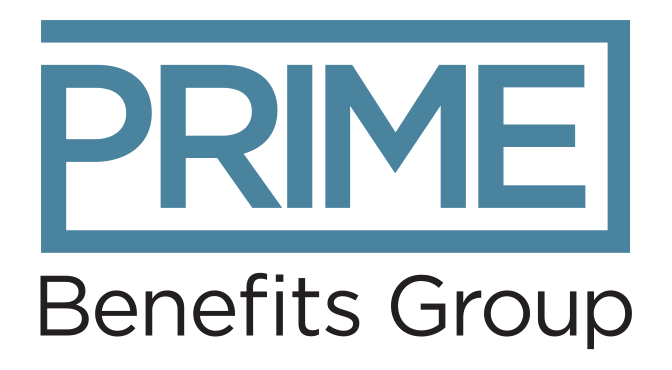- Have a question?
- 613-89-Prime (77463)
- 1-866-950-3667
- info@primebenefitsgroup.com
How the Pandemic Changed the Meaning of Work Forever


Revisiting 9 to 5
Only a few years ago, many of us viewed work as something that was done in the office between the hours of 9 to 5. But the pandemic quickly shook this idea as we adapted to working remotely and all that it entails. For some, this has led to The Great Resignation, likely driven by a wakeup call about what is more important than a paycheque.
The trend toward more self-actualizing job choices began before the pandemic with Millennials seeking a higher purpose for work. But the pandemic greatly accelerated this trend in all generations and income levels.
This shift in thinking reflects a collective change in how we think about work itself; what it means to us, and what we need from it. The question now becomes:
In what ways is work forever changed due to the pandemic, and what can leaders do to support workers through this change?
- Remote work and flexible hours are here to stay
- After the pandemic, 55% of workers said they want to continue working remotely and 74% of employers plan to continue offering it. It has been a deciding factor in applying/accepting a job for 54% of workers.
Changes in Our World of Work
If we accept the idea that remote work and flexible hours are a permanent part of our work culture moving forward, this alone will cause changes in many other aspects of work:
- We will continue to work with more technology. Nearly 90% of us say it was easy to adapt to, and 2/3 leaders report that they will invest here.
- More of our communication will be on own time, or asynchronous
- More of your team members will be living in a different time zone.
- We will form deeper friendships with our coworkers
- Compared to last year, 1/3 workers say they’re more likely to be their authentic selves at work, and 40% say they’re now less embarrassed when home life interrupts work life.
- How work productivity is measured – rather than tracking hours worked, many have adapted a results-only work environment, allowing workers the freedom to choose where and when they work while holding them accountable for the outcome of the work.
- Employee monitoring will increase including use of software that tracks productivity and monitors activity.
- Workers will become more proactive in making sure that their individual work is acknowledged and recognized by leaders
- Workers who show efforts to deliberately connect with leaders, coworkers, and the organization will be most valued by leaders
- We will use our office space differently – after the pandemic, experts say that 80% of our office space will have an open layout and be intended for collaborative work. Personal desks will be replaced with privacy booths that any worker could use.
- The physical location of the office may change – rather than one central office in a large, expensive city, organizations will have many smaller hubs located outside of the city.
- A home office stipend will become a common benefit
- The workplace will become more equitable for all with internet access. This is especially true for women, who are more likely to adjust their careers for family, but it is a way to put everyone on an even playing field.
- We may see an end to business travel. Although leisure travel is expected to increase after the pandemic, experts predict that business travel may drop by more than 20%.
- Team and/or company retreats are expected to increase
What the Experts Predict
Other than all these changes that come from the adoption of continued remote and flexible work after the pandemic, experts predict a few additional permanent changes to work:
- Mandatory medical screening at work could become the norm
- Workers may have to succumb to regular temperature checks, show proof of vaccines, or wear protective clothing (face masks).
- Continued focus on mental wellbeing at work
What these changes mean for leaders is that it will be more difficult to manage their teams, build trust, and create the work culture that they want. Leaders will need to make extra efforts to connect people and have exceptional strategic planning. Finally, leaders will have to clearly communicate well-defined goals and priorities to the team.
Here to Help
Whatever changes are affecting your workplace, know that we’re here to help leaders ensure their workers can thrive. Please contact us at info@primebenefitsgroup.com so we can work together and create solutions that work best for you and your organization.